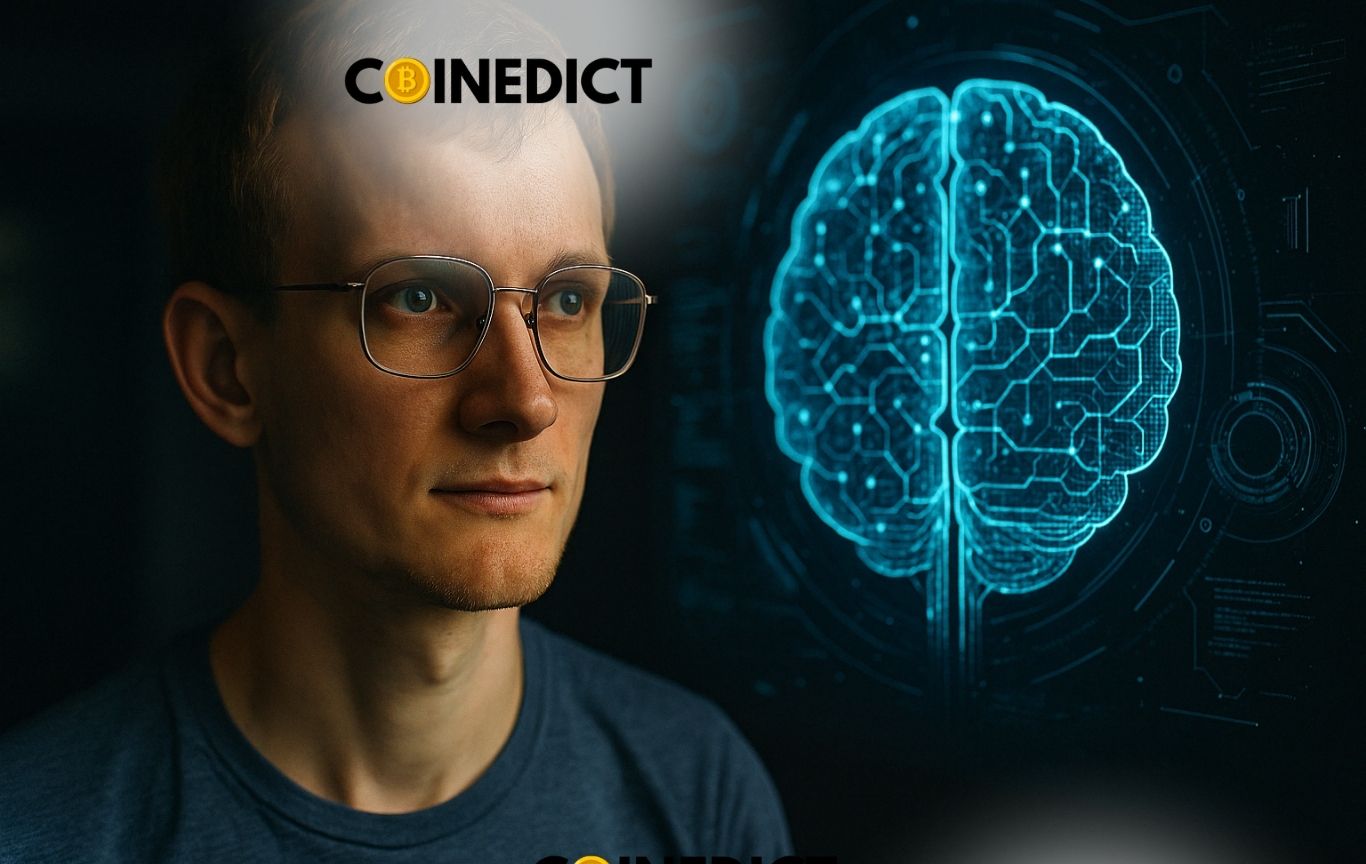In a world increasingly shaped by artificial intelligence and government surveillance, Ethereum co-founder Vitalik Buterin is sounding the alarm on something that many in the crypto community have long debated: privacy. And this time, he’s not just making a casual observation—he’s calling it “one of the defining challenges of our time.”
With AI evolving at breakneck speed and technologies like brain-computer interfaces on the horizon, Buterin argues that we’re heading toward a reality where our most private thoughts might no longer stay private.
“We may literally be talking about AI reading our minds,” Buterin wrote in a recent blog post.
Why Privacy Matters Now More Than Ever
Buterin isn’t just thinking about hackers or scammy data collectors. His concern goes deeper—into the way powerful systems and governments can harvest and exploit our information. From payment platforms to mobile networks, massive amounts of data are being stored, tracked, and potentially misused. And as he points out, even a seemingly trustworthy government today might not be the same tomorrow.
In his view, trying to police every institution that holds our data is not only exhausting, but it may not even be feasible in a free market.
Enter Zero-Knowledge Tech
Despite the risks, Buterin remains hopeful. He believes that privacy-preserving technologies already exist to tackle the problem — and they just need more adoption. Tools like zero-knowledge proofs of personhood, Privacy Pools, and on-device anti-fraud scanning are leading the way.
- Zero-knowledge proofs allow someone to prove they’re a unique human being — without sharing personal details.
- Privacy Pools let users prove their crypto isn’t from shady sources, without revealing who they are.
- On-device fraud scanning detects scams without sending your personal data to the cloud.
These tools, Buterin says, strike a rare balance: they protect privacy without sacrificing transparency or security.
Not a Trade-Off, But a Solution
Ari Redbord, a former U.S. Treasury official and now head of policy at TRM Labs, agrees. He says that we’re not being forced to choose between privacy and safety — we can build for both.
“After 9/11, the debate over privacy and security played out in airports. Now, it’s happening on the blockchain,” Redbord told crypto.news.
Redbord believes that blockchain tech, when combined with smart regulation, zero-knowledge tech, and digital identity solutions, offers a way forward — one that protects user rights while keeping bad actors at bay.
Looking Ahead
Buterin even touches on how blockchain can power more ethical and transparent commerce. He imagines a world where shoppers could verify how a product was made — including its environmental impact — without having to expose the company’s full supply chain.
Buterin’s big picture message? The real danger isn’t just the loss of privacy — it’s the uneven distribution of it. If we don’t act now, he warns, we could end up in a future where only the most powerful institutions have full access to data, while the rest of us are left in the dark.
“Backing privacy for everyone,” Buterin says, “and making those tools open, safe, and reliable — that’s one of the most important challenges of our time.”











